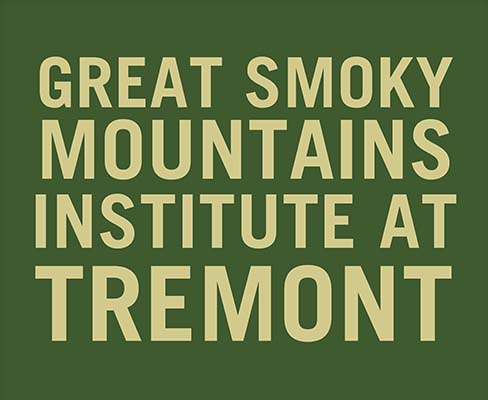In response to a host of developing societal issues, scientists across a wide spectrum of disciplines are studying the human-nature connection and what happens when we spend time in or become disconnected from the natural world. In this Evidence for Experiential Education series, we’re taking a look at research findings and anecdotes from past Tremont participants related to the health, learning and behavioral benefits of experiences rooted in the natural world.
We’re getting creative. Rather, we’re highlighting the mental boost in creative, higher-order cognition that results from taking time to immerse in nature. Consider that experiences in nature are popularly associated with words like “peace, “calm,” “relaxed” and “serene.” A term used by researchers for what these words are describing is “soft fascination,” and represents the mental state we enter into when our attention is gently focused on pleasing sensory stimuli, such as the sound and spectacle of a breeze moving through the woods. In this state, much of our brainpower is at rest and free to tap into aspects of cognition that are not attached to the present stimuli.
A state of soft fascination is pretty much the opposite of what our brains are doing during periods of “intense fascination,” which results from more dramatic stimuli, such as a baby screaming in the same room as you, where all of your mental energy fixates on the cries of the baby. As it turns out, being in a state of soft fascination is ideal for allowing the brain to go into creativity mode and explore deeply stored memories, emotions and ideas. This type of reflection is essential to the ongoing learning that takes place in regenerative education.
The implications of recent research demonstrating our tendency to slip into the soft fascination state while in nature are far-reaching. Experiencing writer’s block? Go outside and walk in the woods. Need to do some long-term strategic planning for your company? Slip out of the office and head to the local park. Students preparing for year-end exams? Have them spend a week at an outdoor center, such as Tremont, just before testing week. Better yet, have students take exams while at a center like Tremont, a few days into their visit! This is a strategy that a couple of high school groups coming to Tremont have adopted. Students from these schools take AP exams in Environmental Science or Biology on day 2, 3 or 4 of their Tremont experience.
What’s really exciting about this level of understanding “our brains on nature,” is that the benefit can be applied to so many areas of society. At school, the workplace, at home, or in leisure, turning to nature has the power to help our minds do their best work. Next step: make time in nature a standard part of school, work and play!
At Tremont, we believe everyone deserves access to experiential outdoor education, no matter where they are. That’s why we developed The Schoolyard Network, a free professional development network for educators of all backgrounds. Educators in the Schoolyard Network are invited to free monthly professional development sessions where they can share ideas and encouragement as we explore better teaching and learning by using the environment as an integrating concept. Meetings are virtual and there is no cost to participate – tap into this educator network.
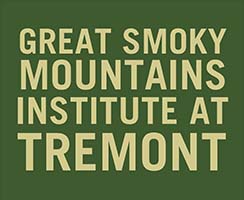
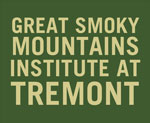

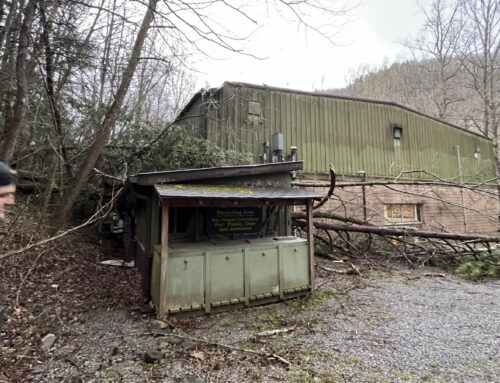
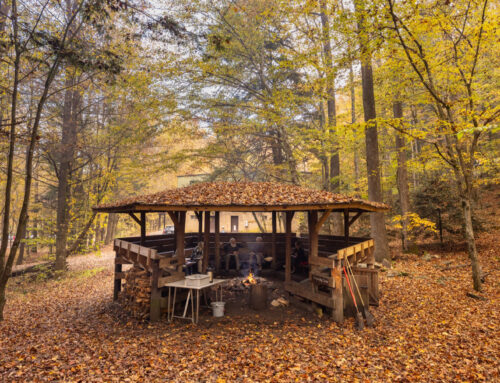
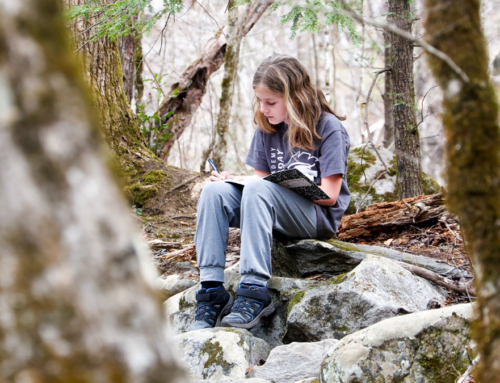
![A Deep Dive Into Wetlands [Free Lesson Plan]](https://gsmit.org/wp-content/uploads/2024/02/madeline-blog-cover-500x383.png)
